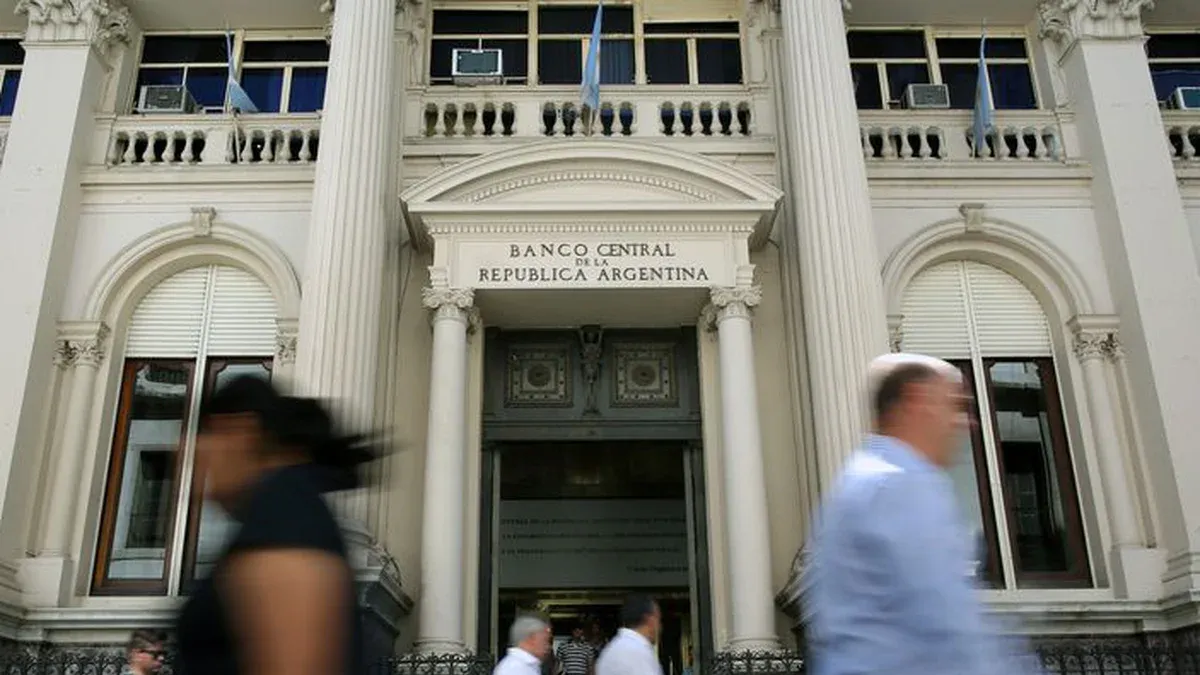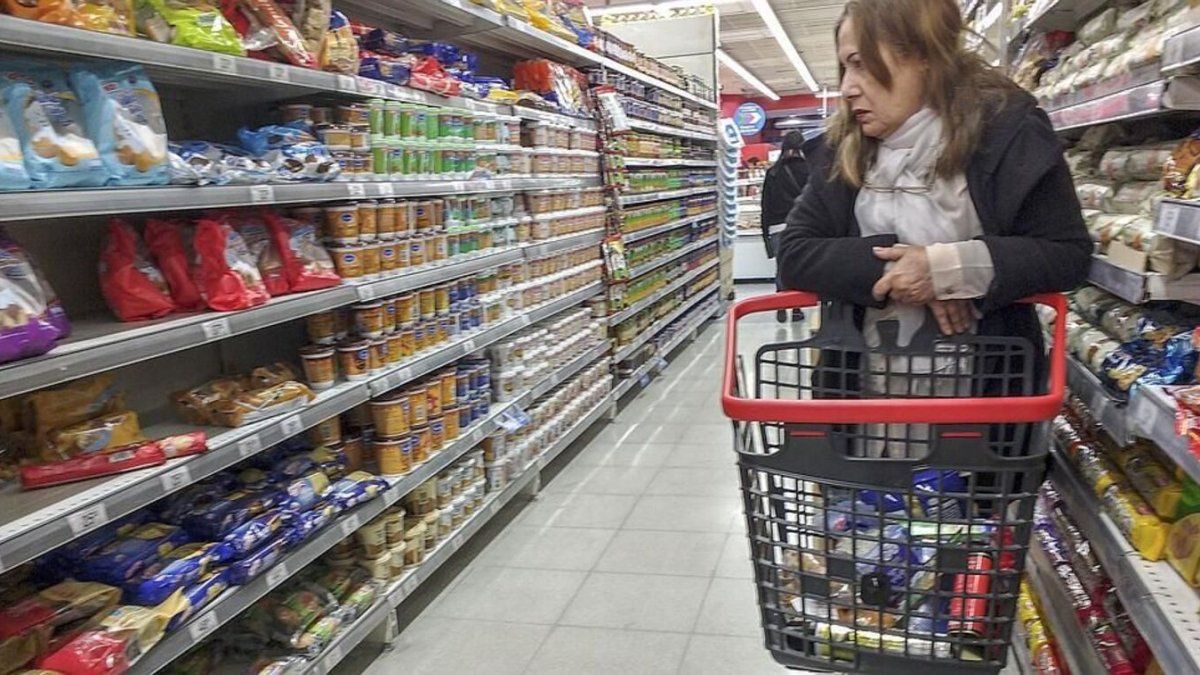Despite the fact that monthly inflation rose again since December, the BCRA is not expected to make a new increase. Consumer prices rose 6% in January and inflation registered 98.8% in the last 12 months. Inflation in January -6.0%- practically kept pace with the performance of time deposits, which remain at 6.2% per month (107% effective per year).
A BCRA source said a rate hike discussion was not “on the agenda” before the weekly board meeting on Thursday. Its directors normally make decisions on the rates in the middle of each month, although these can be modified at any other time. Financial analysts agreed that a further increase was unlikely.
“The performance (of the BCRA) should be maintained, given that the nominal annual monetary policy rate of 75% is consistent with inflation of almost 6.3% per month. Thus, even if it is slightly above this number, there would not be greater pressure from that side to raise it,” said Roberto Geretto, of the Fundcorp investment fund.
“A new increase would imply a greater quasi-fiscal deficit and endogenous issuance to pay the interest of the (letters) ‘Leliqs’, damaging the balance of the BCRA itself. It is most likely that they will only raise it if the perspective is that inflation settles in 7% monthly and not for a single piece of information“, he added.
The current rate of 75% nominal annual of the BCRA is equivalent to the effective annual 107, which in the opinion of the analysts still exceeds the general rise in prices.
Mauro Mazza, from Bull Market Brokers, agreed that he expects the BCRA to maintain its stable policy “both for ‘Leliqs’ and for bank ‘Pases’, although we are concerned about the Treasury tender, which will probably reissue bills with shorter maturities to 90 days and is forced to mark a high effective rate to raise funds”.
Inflation had fallen from a monthly high of 7.4% in July last year, raising hopes until December that there could be a rate cut in early 2023. That now seems like a distant prospect.
“At the end of last year it was thought that inflation would decrease slowly and for this reason a possible drop in rates was even analyzed, but now the reality has changed and it does not seem appropriate to make monetary changes,” a BCRA adviser told Reuters under condition of anonymity.
“It will be important to see the trend of core inflation, without forgetting the external financial context.”he claimed.
“The situation could lead the administration of President Alberto Fernández to walk a fine line between controlling inflation and supporting growth,” said Gustavo Ber, from the consultancy Estudio Ber.
“It seems unlikely that at the moment it will be decided to touch the rate in the BCRA (…) It is an election year, and all decisions will be short-term and will be conditioned by said scenario”he concluded.
Source: Ambito




